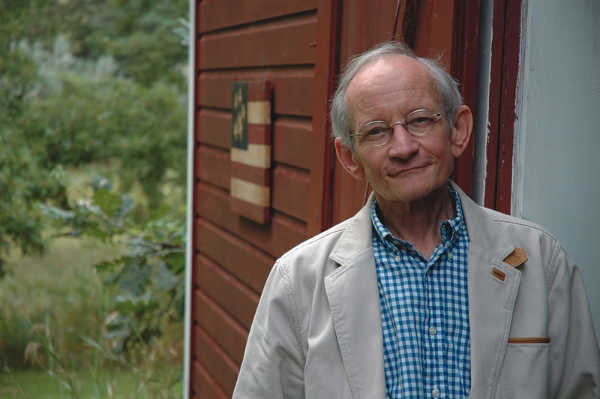- Ted Kooser
- Posted On
American Life in Poetry: Carrot

Lest we forget our vegetables, here's a poem by James Bertolino about one of our dearest and healthiest ones.
The poet lives in Bellingham, Washington, and this is from his book, “Every Wound Has A Rhythm,” from World Enough Writers, Kingston, Washington.
Carrot
The carrot says
don’t be confused
by appearances.
My lacy green
friendship with air
gives me the confidence
to make demands
of dirt. Consider me
a prospector probing
with my own gold.
American Life in Poetry does not accept unsolicited manuscripts. It is made possible by The Poetry Foundation, publisher of Poetry magazine. It is also supported by the Department of English at the University of Nebraska, Lincoln. Poem copyright ©2012 by James Bertolino, "Carrot," from Every Wound Has A Rhythm, (World Enough Writers, 2012). Poem reprinted by permission of James Bertolino and the publisher. Introduction copyright @2020 by The Poetry Foundation. The introduction’s author, Ted Kooser, served as United States Poet Laureate Consultant in Poetry to the Library of Congress from 2004-2006.









